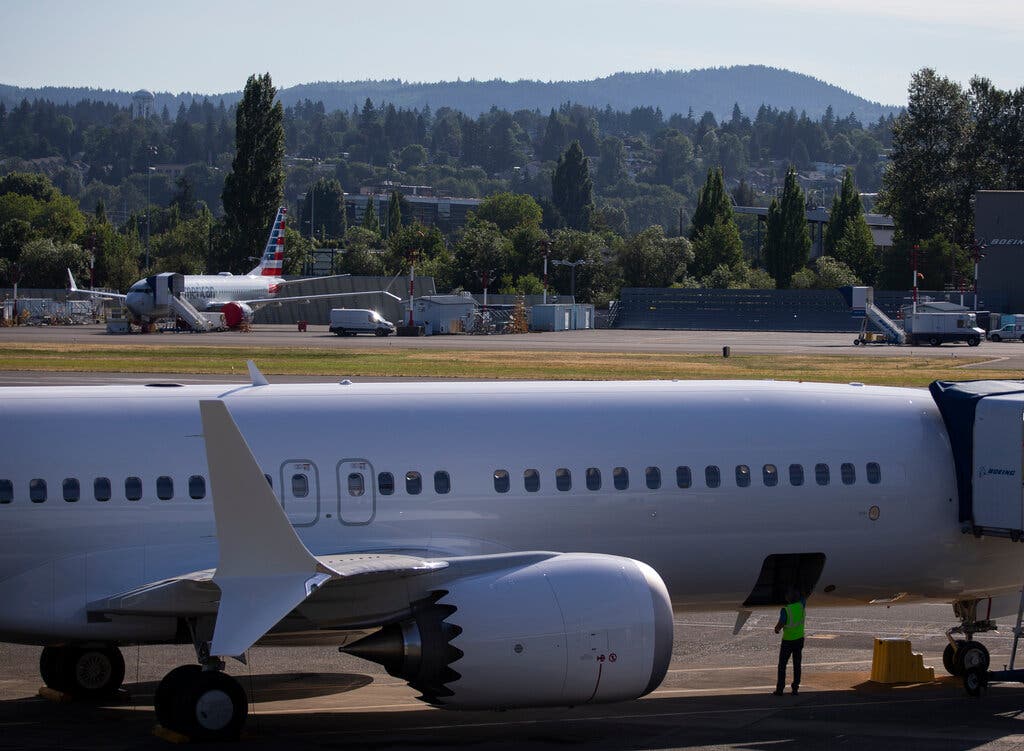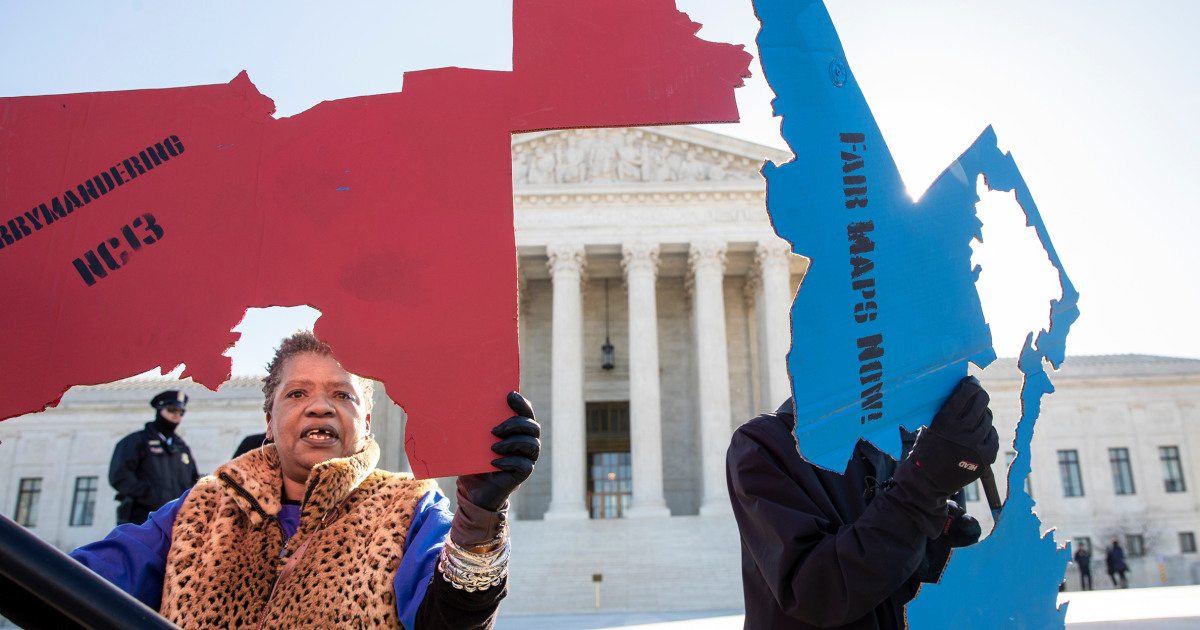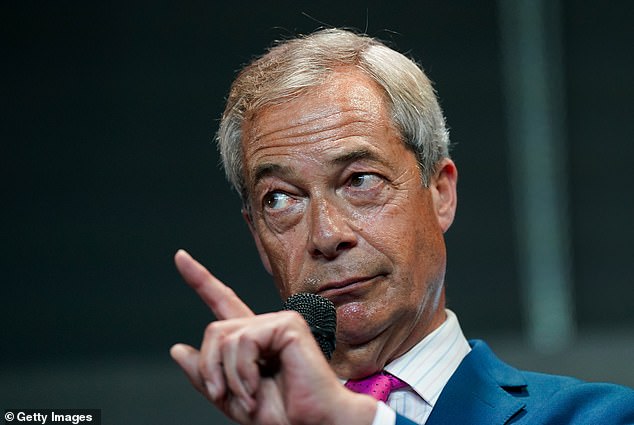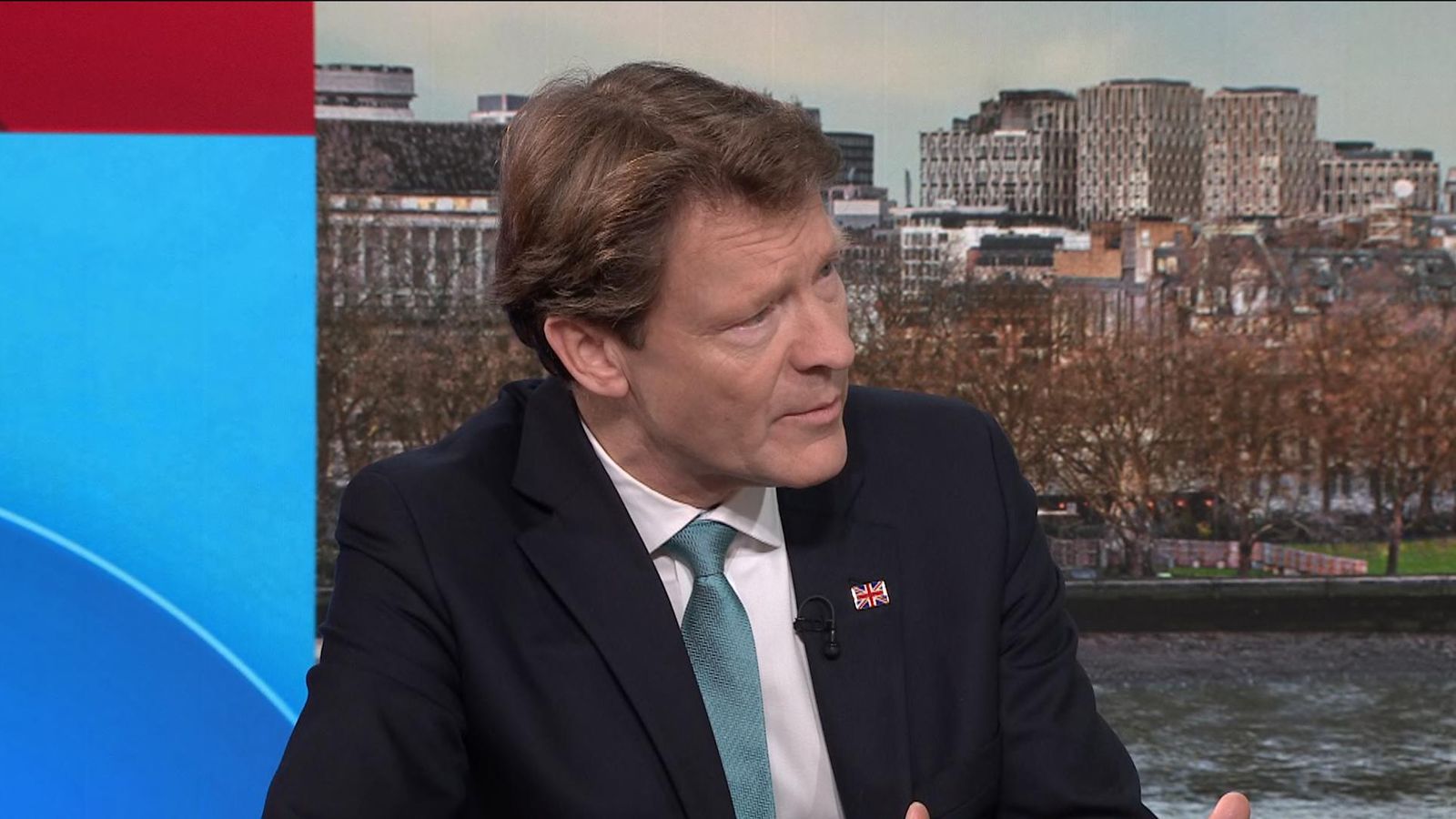Airbus Confirms US Airlines Responsible For Tariffs

Table of Contents
Airbus's Statement and its Implications
Airbus's statement directly links the US tariffs on imported aircraft to the actions of American airlines. While the exact wording varies depending on the source, the core message remains consistent: the US government's retaliatory tariffs are a direct consequence of actions by US airlines within the broader context of the WTO dispute. This assertion shifts the focus from a simple government-to-government trade war to a more complex scenario involving the direct actions of private entities.
Airbus's legal and economic reasoning hinges on the argument that the US government’s response to the WTO rulings on illegal subsidies was justified based on the actions of American carriers in benefiting from these subsidies. They argue that the tariffs are a justifiable response to unfair competitive practices facilitated by these subsidies.
- Key points from Airbus's official statements: (Note: Replace this with actual quotes and references from official Airbus press releases once available). Airbus has consistently maintained that the subsidies granted to Boeing created an unfair competitive advantage, justifying the countermeasures imposed by the EU.
- Analysis of the legal basis for the tariffs: The WTO's rulings on both Airbus and Boeing subsidies form the legal basis for the reciprocal tariffs. Airbus argues that the US government’s retaliatory tariffs are a direct consequence of the rulings, and that those rulings in turn stemmed from the actions of the US airline industry.
- Economic consequences for Airbus as a result of the tariffs: The tariffs have undoubtedly impacted Airbus's profitability and market share in the US, forcing adjustments to pricing strategies and potentially slowing growth in the American market.
The Burden on US Airlines
The tariffs imposed on Airbus aircraft directly impact US airlines' operational costs. Airlines using Airbus planes face significantly higher import costs, squeezing their profit margins. This translates into several key challenges:
- Specific examples of increased costs for US airlines: Higher purchase prices for new aircraft, increased maintenance costs due to import duties on spare parts, and potential delays in aircraft deliveries due to bureaucratic hurdles.
- Potential price increases for passengers: To offset increased costs, US airlines may be forced to raise airfares, impacting consumers directly. This could particularly affect routes heavily reliant on Airbus aircraft.
- Comparison of the impact on US and European airlines: European airlines, primarily using Airbus aircraft, do not face the same import tariffs domestically. This gives them a considerable competitive advantage on transatlantic routes.
- Strategies US airlines might employ to mitigate the impact of tariffs: Airlines might explore hedging strategies, seek alternative aircraft manufacturers, or lobby for a resolution to the trade dispute.
The Broader Context of the US-EU Trade Dispute
The current tariff war is only the latest chapter in a long-running saga of trade disputes between the US and the EU centered around aircraft subsidies. This has involved a complex back-and-forth process of complaints, counter-complaints, WTO investigations, and retaliatory measures.
- Timeline of key events in the US-EU trade dispute: This section would include key dates and details of the long-standing trade dispute, highlighting major rulings and decisions made by the WTO.
- Summary of WTO rulings: This would summarize the WTO's findings on both Airbus and Boeing subsidies, highlighting the key areas where both companies were found to have received illegal government support.
- Potential outcomes of future negotiations: This would analyze the possibilities for future negotiations and resolutions to the trade dispute, including the likelihood of compromise and the potential for further escalation.
- Impact on the global aviation industry: The uncertainty created by this trade dispute significantly affects investment decisions, supply chains, and the overall stability of the global aviation sector.
Political Ramifications and Future Outlook
Airbus's statement introduces a new political dimension to the trade dispute. It potentially shifts the blame from governments to private companies, altering the political landscape.
- Potential political repercussions for both the US and the EU: The statement could influence public and political opinion in both the US and EU, impacting trade negotiations and relationships.
- Possible changes in trade policy: The ongoing dispute could lead to broader changes in trade policy on both sides of the Atlantic, with potential ramifications beyond the aviation sector.
- Long-term forecasts for the global aviation market: The trade dispute could cause long-term uncertainty and instability in the global aviation market.
Conclusion: Understanding the Airbus Confirmation on US Airline Tariffs Responsibility
Airbus's confirmation that US airlines bear the responsibility for the tariffs significantly shifts the narrative of the US-EU trade dispute. The impact extends beyond simply higher airfares; it affects the competitive landscape, international relations, and the overall health of the global aviation industry. This highlights the interconnectedness of trade policy and its real-world effects on businesses and consumers. The statement underscores the need for a resolution to this long-standing dispute, potentially necessitating a re-evaluation of subsidy practices on both sides of the Atlantic.
To stay informed about this evolving situation and its impact, continue to follow developments in the US-EU trade dispute, paying close attention to news about Airbus tariffs and US airline tariffs. Further research into the specifics of WTO rulings and the economic impact on both the US and EU aviation industries is crucial for a complete understanding of this complex issue.

Featured Posts
-
 Understanding The Gop Appeal Following The North Carolina Supreme Court Election
May 02, 2025
Understanding The Gop Appeal Following The North Carolina Supreme Court Election
May 02, 2025 -
 Sony Play Station Beta Program New Details Announced
May 02, 2025
Sony Play Station Beta Program New Details Announced
May 02, 2025 -
 Qwmy Meysht Shh Rg Kb Tk Zyr Khnjr Ayksprys Ardw Ky Rpwrt
May 02, 2025
Qwmy Meysht Shh Rg Kb Tk Zyr Khnjr Ayksprys Ardw Ky Rpwrt
May 02, 2025 -
 New Fortnite Leak Points To Imminent Lara Croft Return
May 02, 2025
New Fortnite Leak Points To Imminent Lara Croft Return
May 02, 2025 -
 Utahs Clayton Keller Joins Elite Club 500 Nhl Points
May 02, 2025
Utahs Clayton Keller Joins Elite Club 500 Nhl Points
May 02, 2025
Latest Posts
-
 Reform Uk Bullying Allegations Rupert Lowe Reported To Police
May 02, 2025
Reform Uk Bullying Allegations Rupert Lowe Reported To Police
May 02, 2025 -
 Norfolk Mp Battles Nhs In Landmark Gender Case
May 02, 2025
Norfolk Mp Battles Nhs In Landmark Gender Case
May 02, 2025 -
 Rupert Lowe Great Yarmouth At The Forefront Following Political Rift
May 02, 2025
Rupert Lowe Great Yarmouth At The Forefront Following Political Rift
May 02, 2025 -
 Rupert Lowes X Posts A Dog Whistle Or A Fog Horn Assessing Their Impact On Uk Reform
May 02, 2025
Rupert Lowes X Posts A Dog Whistle Or A Fog Horn Assessing Their Impact On Uk Reform
May 02, 2025 -
 Rupert Lowe Police Report Filed Amid Uk Reform Bullying Allegations
May 02, 2025
Rupert Lowe Police Report Filed Amid Uk Reform Bullying Allegations
May 02, 2025
